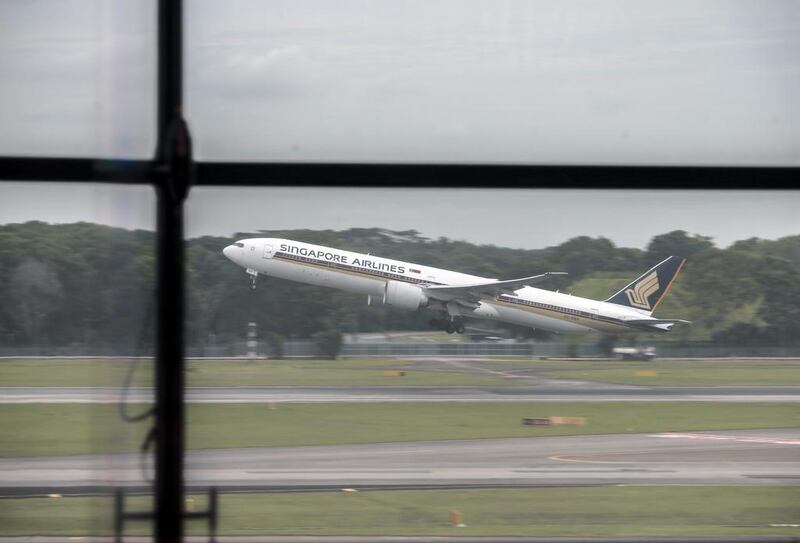The US plane maker Boeing received major illegal tax breaks from Washington state, the World Trade Organisation (WTO) has ruled, adding that the federal government should now take action to end that support within months.
The European Union, which backs Boeing's key European rival Airbus, claimed the ruling by the WTO as a victory in a longstanding battle for contracts between the two aerospace giants.
The WTO found that the support Washington state promised to give Boeing over 16 years to 2040 amounted to “prohibited” subsidies. The support offered by Washington came on condition that Boeing keeps the production of the wings for the wide-bodied 777X plane in the state, effectively excluding foreign competition. Boeing has extensive plants around Seattle.
Incentives
The 28-member bloc said the WTO had ruled that US$5.7 billion in subsidies were illegal, out of a total $8.7bn in measures that it reviewed.
But Boeing called that figure excessive and said only “future incentives” of $50 million a year were found impermissible in the WTO decision.
“We are really the only party that can credibly come up with a figure,” said the Boeing spokesman Tim Neale, referring to the value of the tax breaks. He said the $50m per year was a “conservative estimate” and even over a 20-year span would only total $1bn.
The EU trade commissioner Cecilia Malmstrom called the Boeing ruling “an important victory for the EU and its aircraft industry”.
“We expect the US to respect the rules, uphold fair competition, and withdraw these subsidies without any delay,” Ms Malmstrom said.
Support
For its part, Boeing said the WTO had found that the US company had not received any benefit yet from the 777X tax rate and would not do so until the plane is first delivered in 2020.
“Today’s decision is a complete victory for the United States, Washington State and Boeing,” said the Boeing general council Michael Luttig. “In rejecting virtually every claim made by the EU in this case, the WTO found today that Boeing has not received a penny of impermissible subsidies.”
The Airbus president Fabrice Brégier argued the state’s support in the United States would allow Boeing to develop the 777X for free on taxpayers’ costs.
“The 777X will not cost Boeing a single dollar to develop thanks to Washington State’s taxpayers,” Mr Brégier said.
Damage
“This cannot go on any longer. It is time for the US trade representative to insist that Boeing cease its anti-competitive behaviour,” he added.
He estimated the damage to Airbus and the European aerospace industry to be around $50bn so far, “and that’s only for the 777X”.
Explaining its decision, the WTO said Washington policymakers agreed in 2013 to extend and amend existing tax breaks, delaying their expiry from 2024 to 2040, on condition that “a manufacturer” took a decision to place a “significant commercial airplane manufacturing programme” there, and then kept it there.
Europe had argued this could only mean Boeing’s 777X.
A WTO panel agreed that this effectively made the aid contingent on placing 777X production including the aircraft’s huge wings in Washington state, but Boeing said any aerospace firm could qualify for the state tax breaks.
Appeal
Rejecting some of the EU claims, the WTO found that only one of seven tax incentives provided by Washington state amounted to illegal subsidies for wings for the wide-body jet. In essence, the “prohibited subsidy” involved the reduction of the business tax rate on the condition that the wings were produced domestically within the US.
Both sides can appeal and Boeing expressed confidence the ruling would be overturned.
“After any appeal we fully expect Boeing to preserve every aspect of the Washington state incentives, including the 777X revenue tax rate,” said Mr Luttig.
* Agencies
business@thenational.ae
Follow The National's Business section on Twitter





